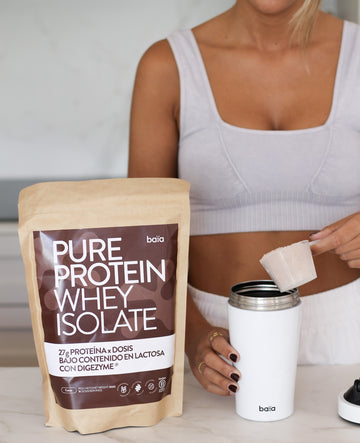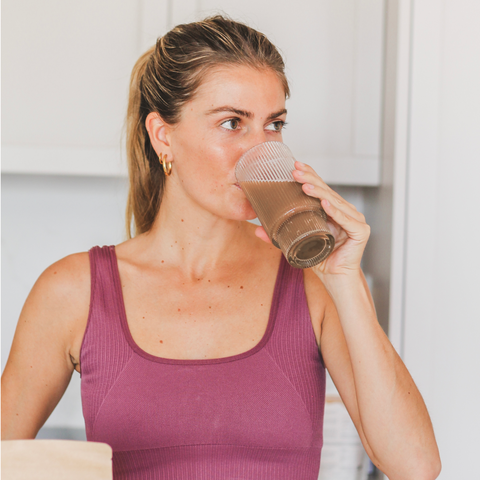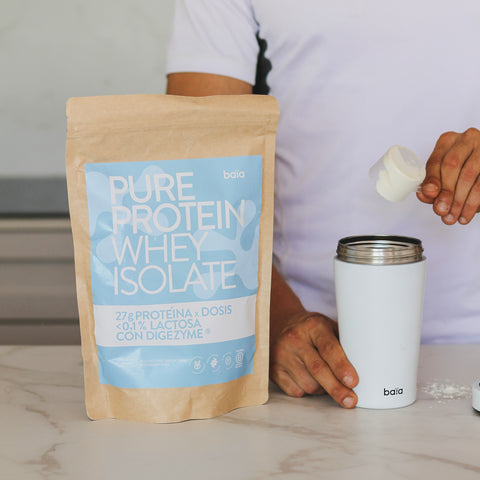Still We do not give protein the importance it deserves.
The recommendations (often from official bodies) are somewhat outdated and are attributed with dangers that are at least unrealistic.
So much To get fitter, feel fuller, or be healthier in general, protein is key.
But how much should you take? Is it really safe to eat too much protein? Will I get too heavy if I take it? Is it bad for my kidneys?
Read this article to find the answers to these questions and many others.








